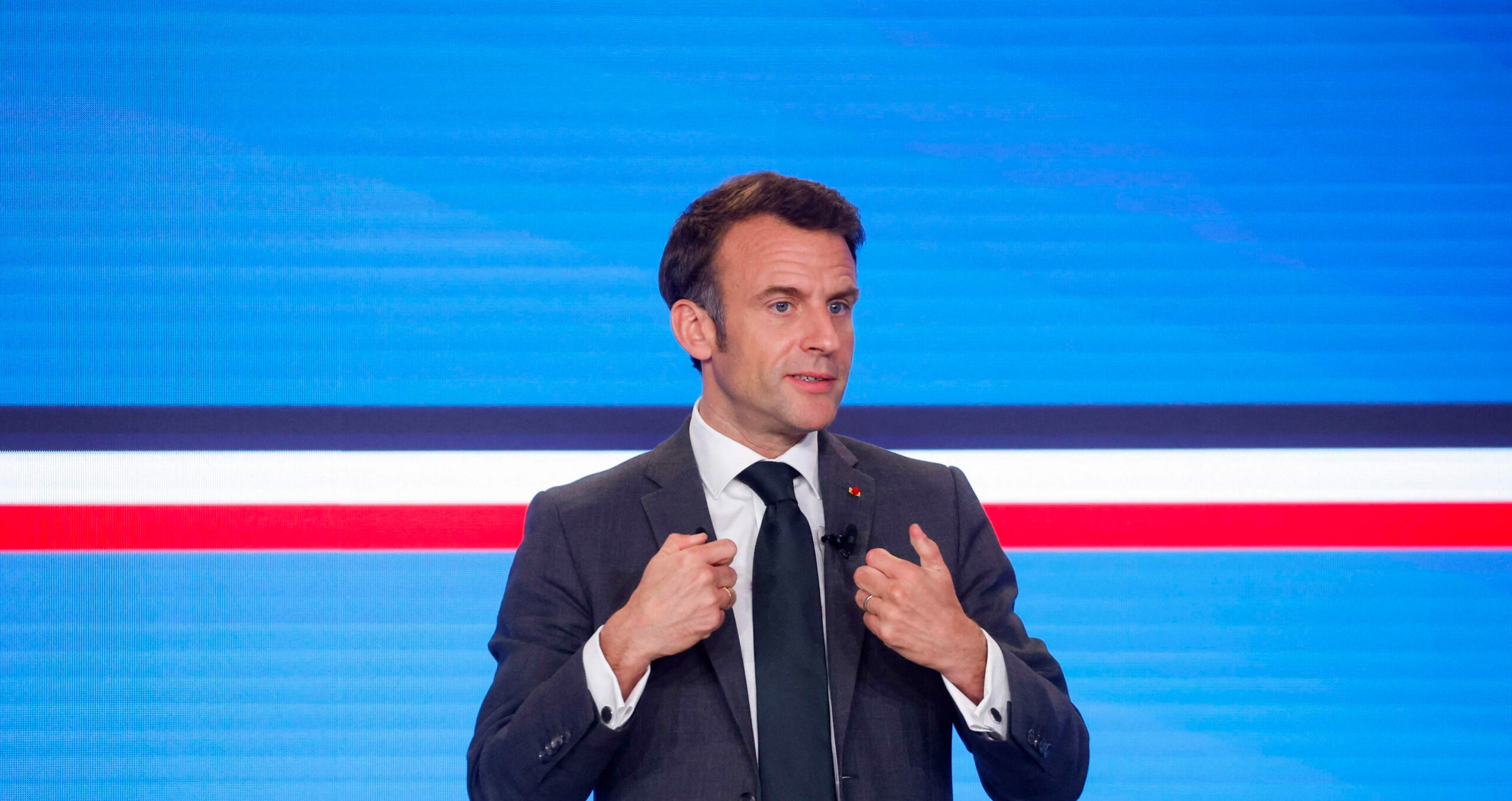
Does Macron really want to pause environmental regulation?

French president Emmanuel Macron has attracted widespread criticism after suggesting a temporary stop to environmental rule-making in order to focus on implementation. Sustainable Views has collected some initial reactions.
French environmental groups and members of the European parliament have roundly criticised calls by French president Emmanuel Macron for a pause in EU environmental regulation-making. He said a period of “stability” was needed, but non-governmental organisations and politicians in Brussels said rules were necessary to force urgent change to bring down emissions.
The call was made as part of a speech delivered in Paris by Macron on May 11 to outline his plans for reindustrialising France. He argued the EU had “already put in place lots of regulations” and that the continent was “in front, in regulation terms, of the Americans, the Chinese and any other power in the world”.
“Now we must implement,” he said. “We shouldn’t make any new changes to the rules because we will lose all the actors. We need stability.”
Pierre Canet, executive director of advocacy and campaigns for WWF France, expressed his disagreement on Twitter. “Industry must green itself,” he tweeted, highlighting that reducing emissions from production processes was vital for France to meet its 2030 climate targets.
Macron was making a “strategic mistake” in framing investments in clean tech as an alternative to clear and strong environmental legislation, insisted Adeline Rochet from climate think tank E3G, on Twitter. “Not only does it go against scientific consensus on climate action, but it will end up delaying the transition, making it costlier.”
In Brussels, French MEP Manon Aubry from the far-left group in the European parliament, was quoted by Le Monde as commenting ironically: “It is true that climate change is sorted, it is really the moment to take a break.” Meanwhile, Philippe Lamberts, Belgian MEP and co-president of the Greens in the Parliament, said Macron’s suggestion was “rubbish”.
Thomas Pellerin-Carlin, EU programme director at the Institute for Climate Economics, a not-for-profit organisation, suggested Macron did not mean quite what he said. “I understand the word ‘regulatory pause’ was surprising,” tweeted Pellerin-Carlin. “And it is a bit clumsy given its connotation in the European debate,” but he suggested “some people” were “making a big deal” out of very little.
Pellerin-Carlin said the French President had wanted to say that: ”In the last four years, we have done incredible regulatory work at the European level. We are the best in the world on climate regulation. And that’s a great thing, and for the next five years, what we need to do is to move first and foremost on implementation and investment.”
Rather than a total halt to regulation, as many believe Macron was implying, Pellerin-Carlin insisted Macron was simply suggesting: ”We need to implement the EU policies we agreed upon, and for that we need a real European policy of massive investment, for sovereignty, climate and biodiversity.”
However, in a television debate later in the day, French industry minister Roland Lescure welcomed the idea of a pause in EU environmental regulation-making and suggested it should last for five years. He assured the journalist interviewing him that France would take the idea to Brussels.
France has experienced political turmoil recently as Macron pushed through reforms to the country’s retirement system despite massive opposition and huge protests and strikes. It is perhaps a reaction to this, more than anything, that has left him hungry for “stability” rather than change.

